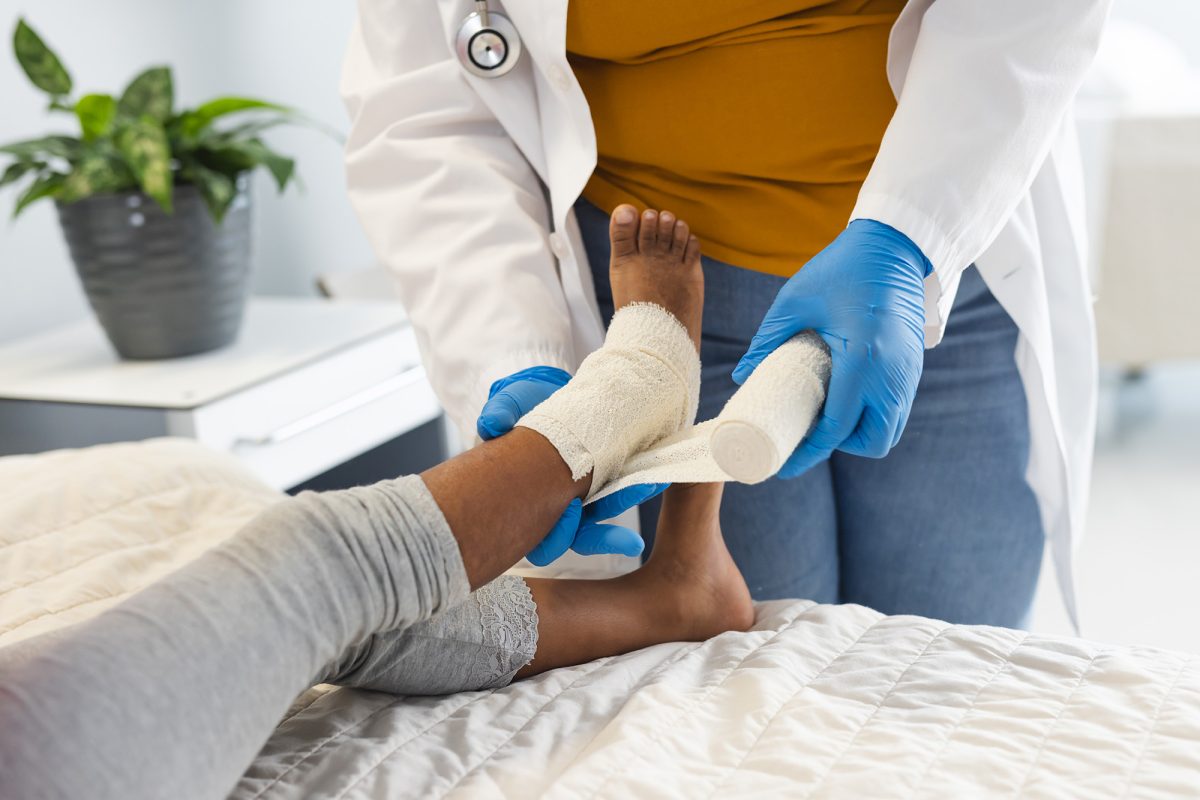
Think of the toughest workouts you engage in. How many physical activities do you do? How long does your exercise last? And do you recover properly? For many people, including fitness experts, overdoing it sometimes. Although we already know the need for working out extra hard, we don’t consciously make the effort of recovering and balancing training intensity properly, resulting in fatigue.
What Workout Fatigue Is
Workout fatigue is a type of fatigue that results from pushing your body too hard or overtraining. It may leave mentally and physically feeling tired, not to mention, lead to body ache.
What Causes Fatigue?
Several personal health, lifestyle, and dietary factors can result in workout fatigue. One of the factors is the endurance level of individuals. How much stamina you lack or have during workout may impact the way you feel tired. Your endurance depends on energy reserves and your body’s capability to effectively use those reserves. Other factors include the following:
- Overexertion
- Neurotransmitters’ depletion
- Nutritional gaps
- Poor sleep
- Nutrient deficiencies
- Dehydration
- Stress
- Inadequate time to recover
Ways to Minimize Fatigue
You can’t avoid workout fatigue completely, but some lifestyle changes as well as strategies may help to minimize it. Some of these ways include the following:
1. Consider IV Therapy
Well, IV therapy Boise encompasses delivering a strong dose of minerals and vitamins into the patient’s bloodstream via an IV. Compared to oral nutrient supplements, the therapy allows faster absorption of the dose when passing the digestive system. Most patients with fatigue depend on the therapy as it hydrates the body.
2. Hydrate
Doctors recommend about 2.7 liters of fluid per day for women and 3.7 liters for men. But those levels are subject to change as you exercise because of water loss by sweating. It will help a lot to hydrate after, during, and before exercising.
3. Cut Down Caffeine Intake
Caffeine serves as a stimulant – meaning it makes a person feel more awake. Unfortunately, it can disrupt your usual sleep rhythm as well, resulting in sleeping problems and daytime tiredness. Products, which caffeine is often found include the following:
- Herbal remedies and some painkillers
- Fizzy drinks
- Coffee
- Energy drinks
- Tea
4. Carefully Choose Post-Workout Snacks
Proper nutrition comes in handy to stave off workout fatigue. You require snacks with carbs and protein to repair damaged tissues as well as facilitate glycogen recovery, which is an important source of energy. Healthy options you may opt for include crackers, tuna, yogurt with berries, and hummus with veggies.
5. Sleep Early
Not sleeping increases the risks of causing an accident and may lead to daytime fatigue. Solution for this is to go to sleep early. If you fall short on the shut-eye, consider taking a nap. By napping, you will promote learning & performance and restore wakefulness. But don’t take a nap for more than 30 minutes. A short nap accompanied by one cup of coffee can boost your energy levels.
The bottom line is that working out is helpful for your overall health, but ensure you minimize workout fatigue. Don’t just sleep early and choose post-workout snacks. Consider also cutting caffeine intake, hydrate, and consider IV therapy.





